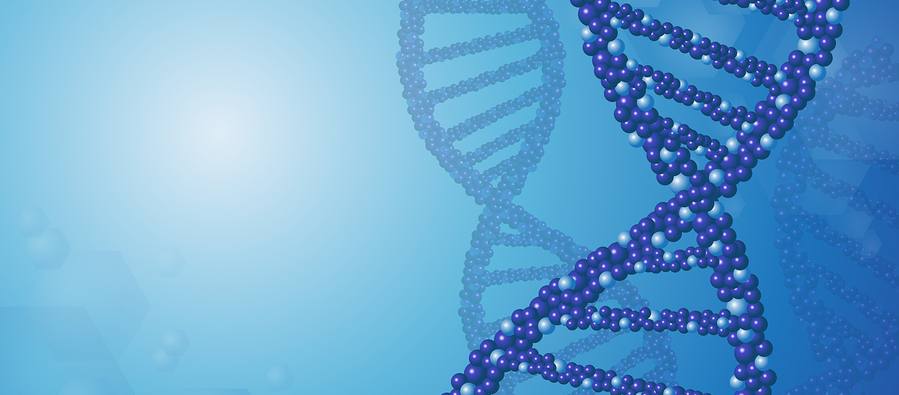Genetics of Kleefstra Syndrome
Kleefstra syndrome has two primary genetic causes:
- Deletion
- Mutation
Out of 85 individuals diagnosed with Kleefstra syndrome, 75 have a deletion and 10 have a mutation.
Deletion
Kleefstra syndrome can be caused by a deletion in the chromosome region labelled 9q34.3. Deletion means that a small part of the chromosome is lost during DNA replication.
The deletion happens on the long arm of the chromosome.
Chromosomes are the structures in each cell that carry genetic information and tell the body how to grow and develop. Chromosomes come in pairs (one from the mother and one from the father) and have a short (p) and long arm (q).
Mutation
Kleefstra syndrome may also be caused by a change in the EHMT1 gene. The EMHT1 gene is an enzyme responsible for the adaptation of a specific protein (histone). These proteins attach themselves to DNA and are what give chromosomes their shape.
Most cases of Kleefstra syndrome have been de novo which is the Latin term for ‘from scratch’. This means that the syndrome is present for the first time in one family member, and is not hereditary.
Approximately 25% of individuals with Kleefstra syndrome will have mutation in the EMHT1 gene.
The mutation and deletion process both result in the impairment of the histone enzyme. A lack of this enzyme weakens control of genes in the body’s organs and tissues. This results in the irregularities of development and characteristics of Kleefstra syndrome.
Genetic testing for Kleefstra syndrome
Individuals are selected for EHMT1 testing when they display the main symptoms of Kleefstra syndrome such as moderate to severe intellectual disability, hypotonia (low muscle tone) and typical facial features.
The information on this website was developed in collaboration with www.kleefstrasyndrome.org. This is the parental support group for Kleefstra, a well-developed community with an active facebook group and parent support conference. Please visit their website for further information and to get in touch with families of individuals with Kleefstra syndrome.




